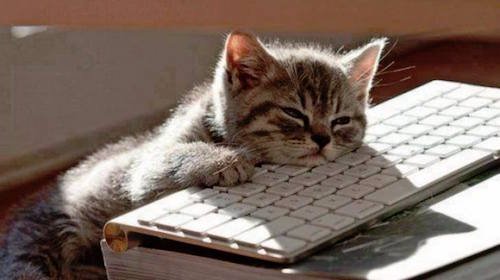Take shampoo. Sure, we get the convenience of shelf-stable products that smell good and create luxuriant lather—but those properties are often achieved through the use of modern chemicals that may not be so great for our hair.
Not to mention what those chemicals can do to the environment once we wash them down the drain.
When the bad boy of the beauty ingredients world, sodium lauryl sulfate (SLS), started getting so much attention for being an irritant.
Prediction of molecular mechanism of skin irritation after acute exposure to sodium lauryl sulfate.
Well, as it turns out, SLS also may play a role in hair loss. And it’s not alone in its ability to turn your head of thick, lustrous locks into something less than thick and lustrous. According to AARP and New York City hair specialist and restoration surgeon Dr. Robert Dorin, there’s a whole host of ingredients to avoid.

If your hair seems thinner than before, it could be from a number of causes, and definitely check in with your health care provider. But you might also want to read the ingredient panels on your hair products and look for the following.
Foamers and Thickeners
Sodium lauryl sulfate (SLS)
This surfactant is used in household cleaning products and, in a more-diluted form, helps shampoo have a big bubbly lather.2 But it’s also a well-known irritant and, according to Dorin, “strips hair of essential oils, breaks down protein essential for hair health, and halts growth.”
Sodium chlorideThere may be table salt in your shampoo! Well, at least we know it’s not toxic, but when added as a thickener in products containing SLS, it can cause a dry, itchy scalp and may add to hair loss.
Polyethylene glycol (PEG)Also known as polyethylene or polyoxyethylene, is another thickener that strips hair of moisture..
Preservatives
These are often included to make a product last longer, but some of them are known for their effect on hormonal balance and may encourage hair loss.
Formaldehyde
While probably an ingredient that you won’t find listed, per se, formaldehyde is a high-hazard cancer-causing impurity released by a number of cosmetic preservatives.
Formaldehyde releasers include diazolidinyl urea, imidazolidinyl urea, DMDM hydantoin, quaternium-15, 2-bromo-2-nitropropane-1,3-diol, and sodium hydroxylmethylglycinate.
Quaternium-15
This quaternary ammonium salt acts as a formaldehyde releaser. The Environmental Working Group (EWG) gives this ingredient a score of 8 (high hazard) and notes that the European Union has determined that this ingredient “may not be safe” in cosmetics.
Parabens like methylparaben & propylparaben
Dorin notes that parabens, which are used as preservatives, may encourage hair loss. Parabens mimic estrogen and can act as potential hormone (endocrine) system disruptors, confirms EWG. Apart from their apparent negative impacts on human health, parabens have also been linked to declining wildlife populations. When washed down the drain, they penetrate waterways, bleach coral reefs, and wind up wreaking havoc on animals’ reproductive systems, causing “abnormal formations and a decrease in the fecundity of species,” a 2021 study states.
Irritants
Not that manufacturers are adding things intended to irritate, but nonetheless, there are synthetic ingredients that can cause scalp inflammation and allergic reactions, exacerbating hair loss and making thin hair dry, brittle, and lifeless, says Dorin.
Diethanolamine (DEA) & triethanolamine (TEA)
These can harm your hair’s natural keratin and for some people, can irritate the scalp.
Fragrances and artificial colors
Dorin says to look on labels for “FD&C;” or “D&C;” followed by a color or number.
Propylene glycol
Propylene glycol is commonly used to make antifreeze as well as a wide array of other uses. It is used to keep hair products from freezing during shipping and storage.
Alcohol
Most hair products have some type of alcohol. Fatty alcohols can actually help condition dry hair—WebMD advises remembering the ones that start with “c” and “s” as those are good for dry hair: Cetearyl alcohol, Cetyl alcohol, and Stearyl alcohol. Avoid other alcohols that are in high concentration (listed in the top four ingredients), as they can dehydrate your hair.
Greasers
Lanolin, petroleum, and mineral oil
Dorin says that these ingredients can weigh down thin hair and prevent natural oils from being absorbed.








